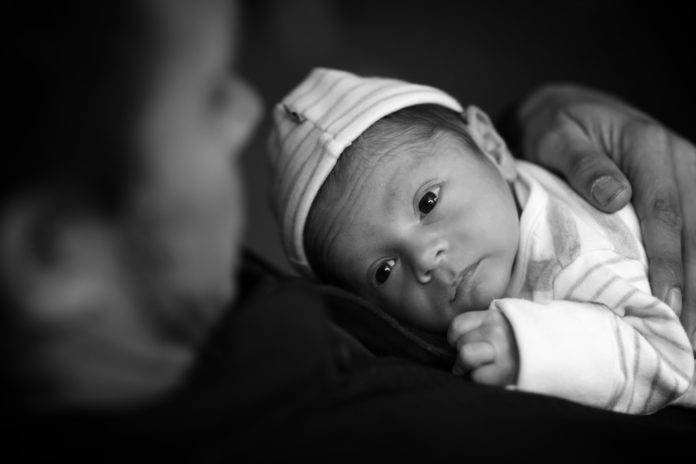Babies who have had heart surgery are known to have an increased risk of neurodevelopmental conditions
Infant heart surgery could increase the risks of hearing loss in young children, along with impaired language, attention and cognition. The symptoms may, in some cases set in as early as by four years of age.
In a single-center group of 348 preschoolers who survived infant heart surgery, researchers found hearing loss in about 21 percent, a rate 20 times higher than is found in the general population. The study that appeared in the January 2018 issue of the Journal of Pediatrics concluded: “These findings suggest that the prevalence of hearing loss in preschool children after heart surgery in infancy may be 20-fold higher than in the 1% prevalence seen in the general population. Younger gestational age, presence of a genetic anomaly, and longer postoperative duration of stay were associated with hearing loss. Hearing loss was associated with worse neurodevelopmental outcomes.”
The authors mention possible contributors to hearing loss in their patients, such as high-frequency noises in intensive care units and exposure to medications with side effects that damage hearing
The researchers recommended that children have survived infant heart surgery have their hearing evaluated by age 24 to 30 months, to increase their chances of receiving timely medical intervention. “Children born with life-threatening heart defects require a great deal of sophisticated care before and after surgery. This study reminds healthcare providers not to overlook hearing evaluations, because early detection and intervention can reduce later problems in neurodevelopment.”,” said study leader Nancy B. Burnham, RN, MSN, CRNP, a nurse-practitioner in the Division of Cardiothoracic Surgery at Children’s Hospital, Philadelphia.
As surgical techniques have notably improved survival for infants with complex heart defects, paediatric cardiologists have turned their attention to long-term quality of life. Survivors are known to have an increased risk of neurodevelopmental conditions, including learning disabilities. This is the first study to focus on hearing loss and its impact on neurodevelopment in this population.
The study team found hearing loss in 21.6 percent of the cohort (75 of the 348 children). Potential risk factors associated with hearing loss were gestational age younger than 37 weeks, a confirmed genetic anomaly and longer postoperative length of stay. There was no association with modifiable surgical management factors. Children with hearing loss had lower scores on measures of language skills, cognition (IQ testing), and executive function and attention.
The authors mention possible contributors to hearing loss in their patients, such as high-frequency noises in intensive care units and exposure to medications with side effects that damage hearing, although the study did not directly examine either potential risk factor.
The researchers did not know how many of the children had hearing loss before surgery. Another study limitation is that over half of the 75 children with hearing loss had conductive hearing loss, which may be temporary when caused by conditions such as middle ear infections.


